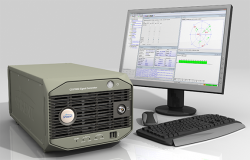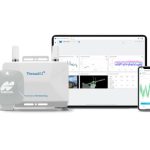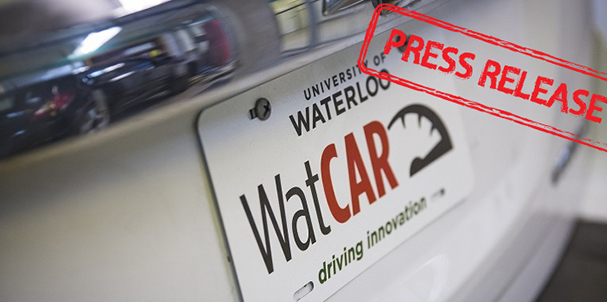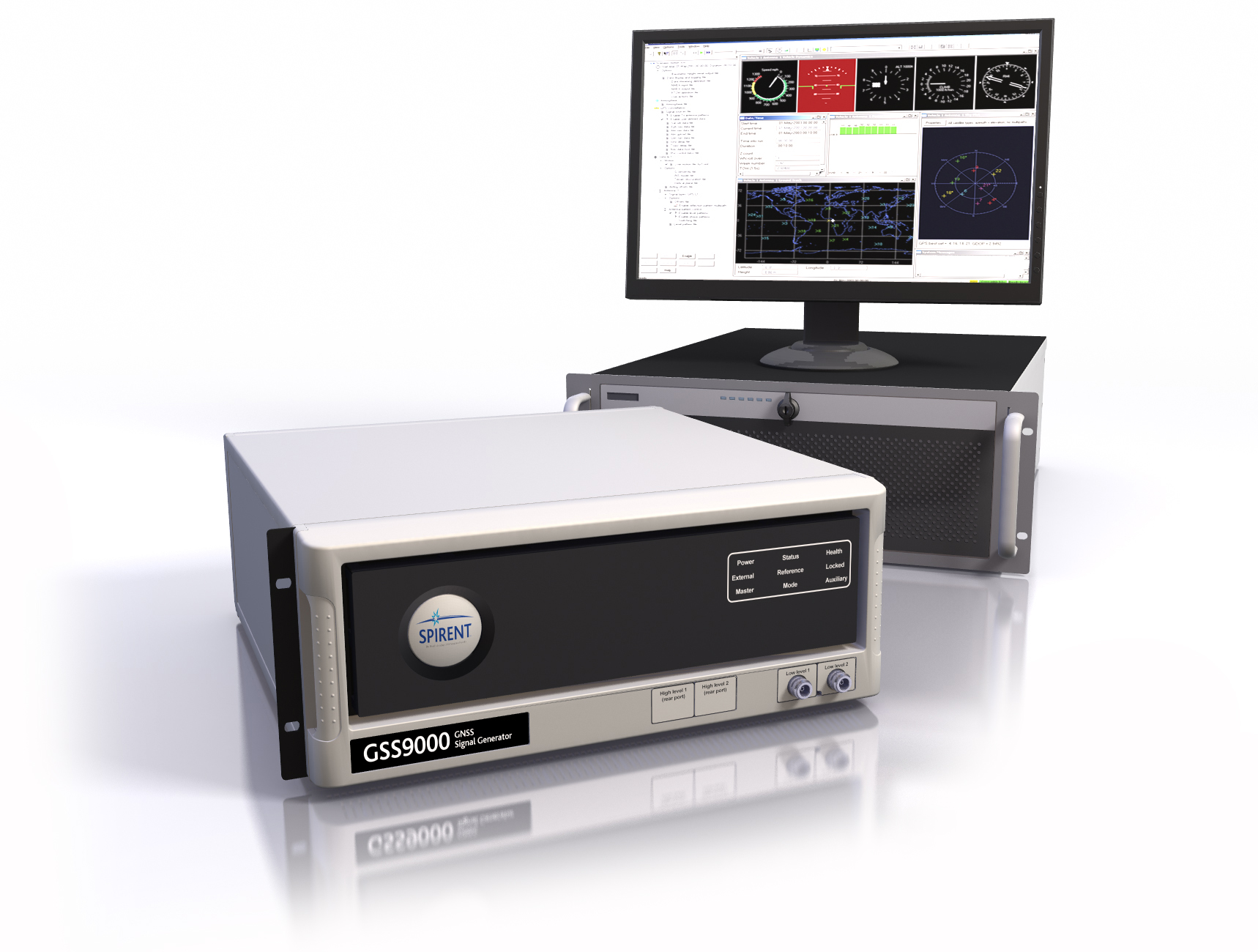 Spirent’s GSS7000 Series of Multi-GNSS, Multi-frequency Simulators. Photo: Spirent.
Spirent’s GSS7000 Series of Multi-GNSS, Multi-frequency Simulators. Photo: Spirent.Spirent Communications plc, a leader in Galileo, GPS and other global navigation satellite systems (GNSS) testing solutions, this week announced a partnership with Cranfield University, a global leader for education and transformational research in technology and management. The two organizations will be collaborating to develop connected autonomous vehicle (CAV) technologies.
Spirent Communications plc, a leader in Galileo, GPS and other global navigation satellite systems (GNSS) testing solutions, this week announced a partnership with Cranfield University, a global leader for education and transformational research in technology and management. The two organizations will be collaborating to develop connected autonomous vehicle (CAV) technologies.
The aim of the research project is to improve positioning and timing technologies to enable better performance of unmanned vehicles, such as autonomous aircraft or connected cars. Spirent engineers are working with Cranfield’s postgraduate researchers to develop new methods for synchronization and location testing, using Spirent’s advanced test systems. The project will use Spirent’s GSS7000 Series of Multi-GNSS, Multi-frequency Simulators.
“Creating new ways to verify that autonomous vehicles are in exactly the right place is critical to the development of CAVs,” said Prof. Rafal Zbikowski, Professor of Control Engineering at Cranfield University. “Spirent has been verifying GPS/GNSS receivers for 30 years so they have a lot of knowledge that will be very useful to our researchers.”
Mark Holbrow, head of engineering at Spirent’s Positioning Business Unit, said “Location awareness for autonomous vehicles is of major importance, and is one of the most challenging applications in commercial GNSS development. We will be working with Cranfield to create new test and development tools that will provide the opportunity for improved system performance, accuracy and resilience”.
Spirent is supporting several Individual Research Projects (IRP) in Cranfield’s Autonomous Vehicle Dynamics and Control (AVDC) MSc program as an industry partner. The projects already identified are “GPS-Based Clock Synchronization for an Airborne Distributed Sensor Network” and “In-car mapping and receiver integration testing for autonomous vehicles”.
The GSS7000 Series offers simultaneous coherent GPS, GLONASS, BeiDou, Galileo, QZSS and SBAS signals from a single test scenario. Up to 256 channels provide ample signals for a wide range of development, integration and verification tasks, according to the company.
For more information on Cranfield University, visit: https://www.cranfield.ac.uk/press





